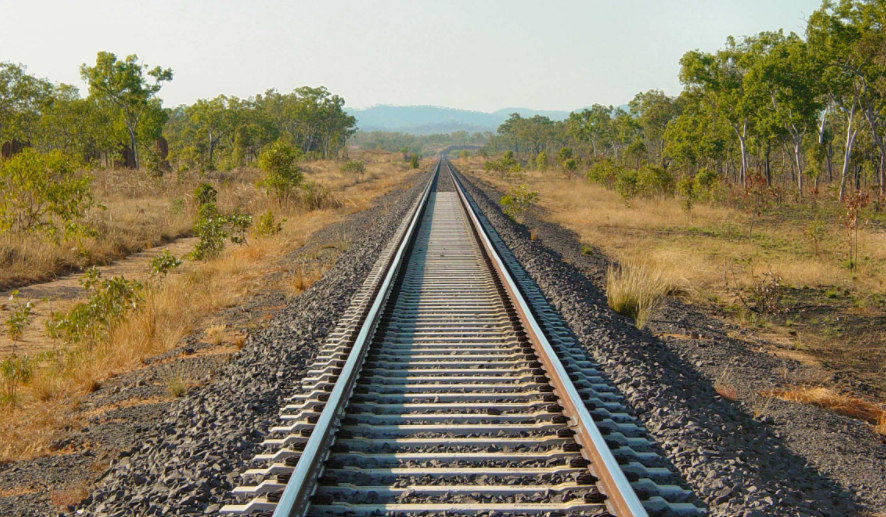- Africa
New railway to connect Ethiopia with Somaliland

The Ethiopian Railway Corporation (ERC) is undertaking new studies to determine the feasibility of building railway networks linking Ethiopia to Berbera, Lamu, and Assab ports.
It is a part of the country’s port diversification plan and surfaces three years after Prime Minister Abiy Ahmed (PhD) signed agreements with neighbouring countries, including Sudan and Somalia, to develop ports as a gateway for the Africa’s most populous landlocked country.
While linking Ethiopia with more ports through railway expected to avert the overdependence of the country on ports of Djibouti, which handle over 80 percent of its imports, the corporation is undertaking the pre-feasibility studies using internal capacity.
According to Behailu Sintayehu, deputy CEO for railway network at the ERC, the pre-feasibility studies are being conducted only on the Ethiopian side.
“The consent of neighboring countries is required to conduct the full study. But there are positive signs that neighboring countries will complete it on their side,” said Behailu.
Financially, the Corporation has already secured financial pledges, including the Italian government’s promise to finance the Ethio-Eritrean railway project. In the case of Berbera port, there are promises made from the African Development Bank (AfDB) and the French government.
AfDB is also funding the feasibility study of a railway project that aspires to link Ethiopia with Port Sudan, to the tune of USD 1.2 million. CPCS Transcom, a Canadian Infrastructure Analyst Consultant firm, is undertaking the feasibility study, despite deteriorating peace and security situation between Ethiopia and Sudan. The route begins from Woldiya and stretches to port of Sudan, via Metema town.
According to Behailu, for the railway projects that will link Berbera, Assab and Lamu ports, diplomatic efforts are underway to secure consents of neighboring countries.
“The railways will link the ports with major economic corridors in Ethiopia. Ethiopia has a big economy and cannot depend on one port. Ethiopia is also a huge market for the ports,” said Behailu, adding “The new cross border railway lines will focus on linking Ethiopia with the red sea, gulf of Eden and the Indian Ocean. All ports in this area will be linked to Ethiopia via a railway line. We have various sources of finance for the studies.”
The Ministry of Transport has planned to lay 4,000 kilometers of railway lines over the next ten years. While the multimodal system continues, the Lamu railway project will also have a fuel pipeline.
Once the feasibility studies are finalized, the project finance will be mobilized, either from government coffers or credit institutions. But, the Corporation is currently avoiding projects that require major outlays in foreign currency, unless finance is secured from development partners.
The corporation has also ‘temporarily suspended’ railway projects such as the Awash-Woldiya railway project.





